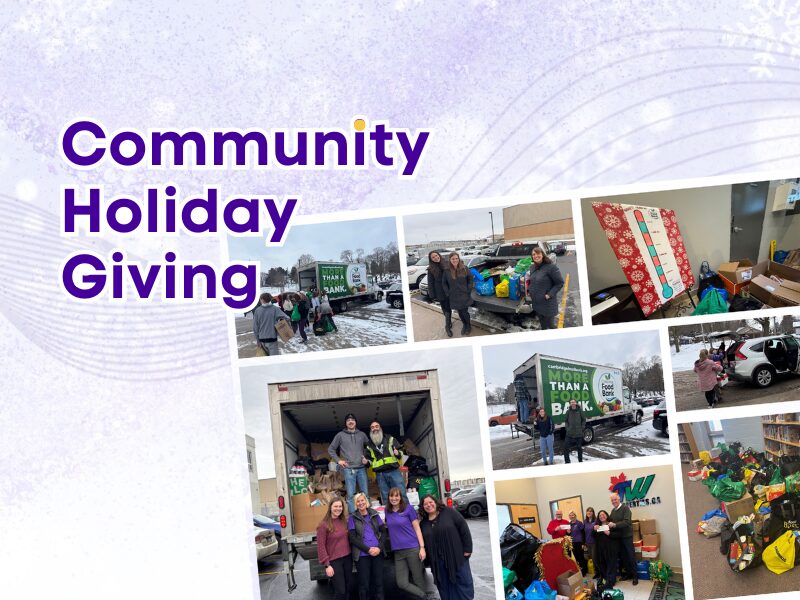Emotional Trauma; How You Can Help
According to the Centre for Addiction and Mental Health, “Trauma is the emotional response when a negative event is overwhelming” (CAMH). The event could cause physical, sexual or emotional injury. People can suffer from emotional trauma either due to a one-time event such as a terrible accident or a violent attack, or from relentless stress such as living in unsafe conditions or fighting cancer. Emotional trauma can impact many areas of how a person feels, thinks and behaves and often impacts the ability for a person to have meaningful relationships.
While accessing professional support is essential when the symptoms of emotional trauma persist, support from family and friends are also important factors in recovery. Although it can be difficult to know how to be helpful, knowing the symptoms of trauma can help us be more understanding with those struggling to recover.
Tips when supporting people in recovery:
- Suggest they get some professional help through a medical doctor, psychologist, social worker or local counselling agency such as Lutherwood Family Counselling Services or Walk-Counselling Service for Families
- Know your limits in terms of your ability to support the person and look to increase their support network
- Show patience and understanding as recovery can take time
- Take a nonjudgmental stance as this can help them accept your support
- Offer practical support to help them get back into typical routines
- Encourage the person to find enjoyable activities: hobbies, social, physical
- When they are ready, support the person to take action (by volunteering, advocating, writing letters, self-defense class) to help them shift away from feeling helpless
Tips when supporting a child or youth in recovery:
- Contact Front Door for help accessing local mental health services for families with children and youth
- Show patience and understanding particularly when noticing regressive behaviours (much younger behaviours than their current age)
- Recognize reactions such as irritability, anger and rage as symptoms of emotional trauma and don’t take these responses personally
- Watch for signs of a child or youth feeling responsible for an event(s) and be clear that they are not at fault for the event(s)
- Use soothing sleep routines (comforting blanket, stuffed animal, night light, hand massage, singing, reading) to help reduce their stress and help them relax
Emotional trauma can affect how a person feels, thinks and behaves. It can also affect their relationships with their support network. Friends and family members can play an important role by watching for symptoms of emotional trauma, encouraging the person to seek professional support if the symptoms persist, and showing patience and understanding as the person works on recovery.
Instagram Feed
"I volunteered at Starling to help a friend and I fell in love with the organization and its mission. It feels like a big family and that is reflected in our work. I was able to refer friends to our services and they got the help they needed. I see every day how much we make a difference in people's lives and it is a privilege to be part of it."












